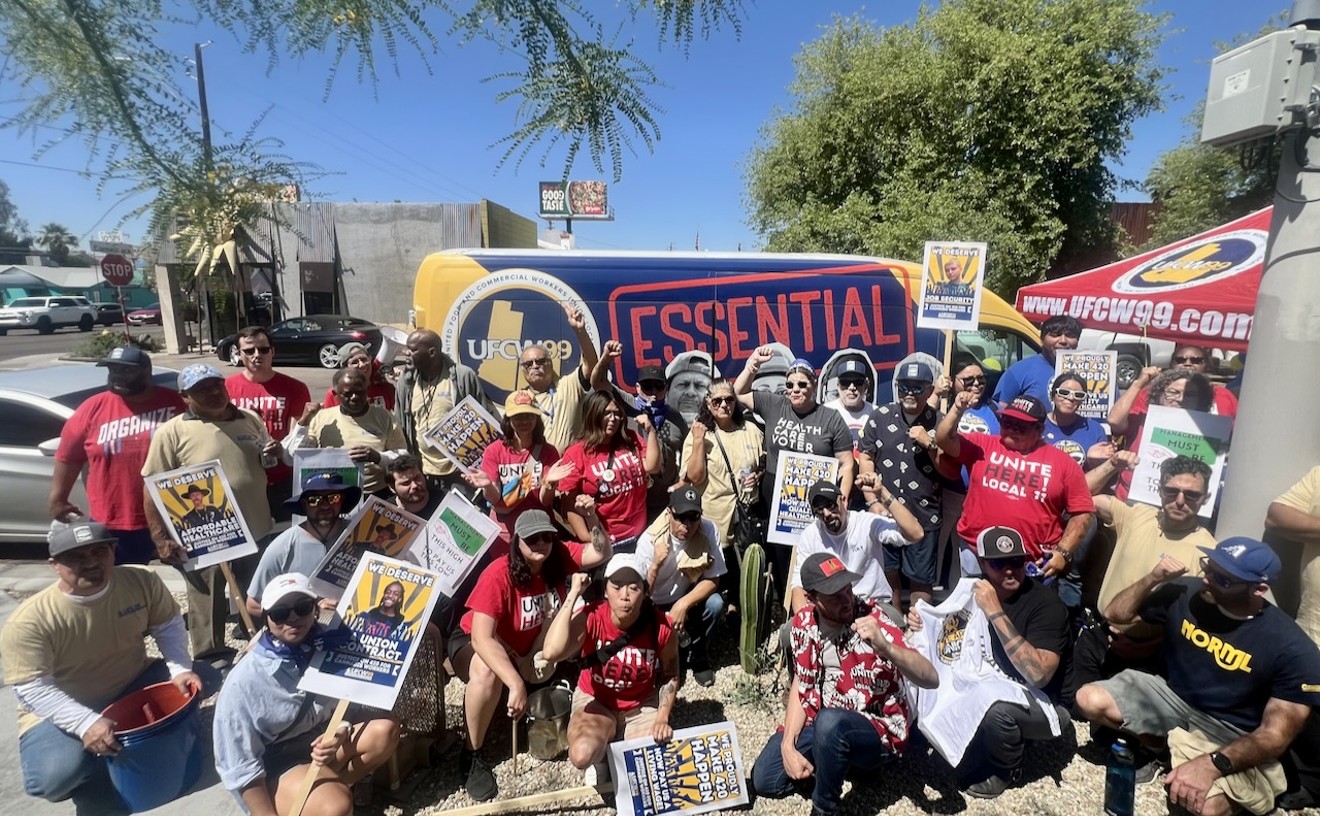After the bills known as "SOPA" and "PIPA" were shelved amid some mass protests from online communities, there's a new bill in Congress that has the Internet riled up -- the Cyber Intelligence Sharing and Protection Act, or "CISPA."
The bill has been referred to numerous times as being "worse than SOPA," although that's more of an opinion than anything else.
While SOPA was supposed to mainly target intellectual property on the Internet, CISPA allows private companies to share information with the government in the name of perceived "cyber threats."
Congressmen representing all parts of the country have been quizzed on their stance of CISPA, and even the White House has released a statement on the bill, saying "the Administration strongly opposes [the bill] in its current form."
Two of the bill's 112 co-sponsors are gentlemen from Arizona, Congressmen Trent Franks and Ben Quayle.
Quayle was one of the co-sponsors to SOPA -- before withdrawing his name due to the bill's possible "unintended consequences" amid the Internet uproar -- so we reached out to his office to check out the thought process on CISPA.
We asked for Quayle's stance on the matter -- aside from being a co-sponsor -- and to respond to the privacy concerns, specifically a statement released by libertarian-leaning Congressman Ron Paul.
"Every day, our nation faces cyber attacks that target American intellectual property, personal information and critical national security networks," Quayle says. "These attacks harm American competitiveness and destroy jobs. Even worse, foreign hacking puts every individual's personal information at risk. The Cyber Intelligence Sharing and Protection Act enables private companies to voluntarily share information on breaches of cyber security with the goal of protecting vital cyber-infrastructure and personal information."
Those are Quayle's perceived intentions of the legislation, but he's not blind to the fact that messin' with the Internet isn't something that folks with keyboards have been taking too kindly to.
Therefore, Quayle says he's offering up an amendment to the bill so it can still serve its intended purpose, and address the concerns that have already been brought up.
"In order to further protect privacy rights, I will offer an amendment that tightens limitations on how the government can use the information it collects," Quayle says. "If the government violates this limitation, the bill provides for government liability for actual damages, costs and attorney's fees in a federal court lawsuit. The government can only use cyber threat information for a limited number of purposes related to cyber security and national security. These provisions together ensure sound privacy protections and necessary cyber security protections for American companies and individuals."
Will this earn a truce between Congress, trying to address "cyber attacks," and the online community, which basically wants the Internet to be a libertarian's wet dream? Maybe, but maybe not. At least Quayle's addressed concerns over these controversial pieces of legislation.
Elsewhere, Congressmen Raul Grijalva and David Schweikert have publicly stated their opposition to CISPA.
Click here to read up on the details of CISPA.










